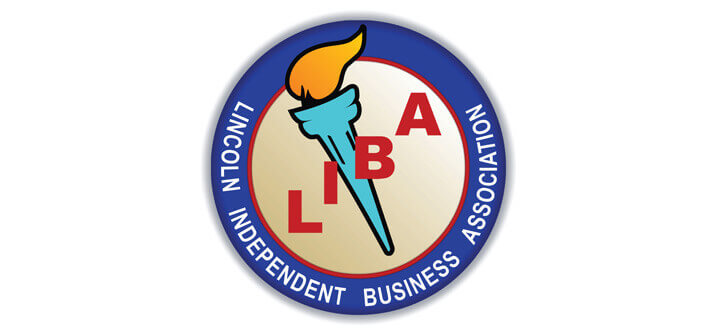Rosy Sales Tax Projections Leave Hole in Lincoln City Mid-Biennium Budget
LIBA recently appeared before the Lincoln City Council to express concerns about the proposed mid-biennium budget proposal. First, we believe that the sales tax projections that were used to develop the 2018-20 budget were far too aggressive. The city projected sales tax revenue to grow by close to 4% in both years of the budget, even though sales tax revenue slowed to 3% in 2017-18. The 3% growth in 2017-18 should have served as a warning sign that sales tax growth may be leveling off.
The lower-than-projected sales tax revenues also means $1.8 million in street funding that was contingent on meeting the sales tax projections is no longer available. Instead, the city is planning to rely on the quarter-cent sales tax revenue to fill this gap, even though that tax increase was sold to voters as additional street funding when they voted on the measure. This is problematic because our streets need all possible funding, and now some of the revenue from the quarter-cent sales tax increase will not be used for additional street construction, but merely maintaining what voters thought the city had already budgeted.
LIBA is also concerned that a pattern is emerging with regard to the city’s reliance on cash reserves to fund normal government spending. When the 2018-20 budget was adopted, the City Council voted to take $5 million from the cash reserves to fund the purchase of new fire trucks and to establish a challenge grant for the Parks Foundation. With the additional $1.9 million this year, we are now looking at nearly $7 million from the cash reserves to fund the 2018-20 budget. The decision to take from the cash reserves last year was sold to the public as an isolated occurrence, but it is starting to look more and more like an irresponsible precedent.
Furthermore, LIBA is disappointed that the city is once again planning to take – and spend – the entire windfall from residential property tax revaluations. Home values rose by 10% this year, which means most homeowners will pay more in property taxes despite the rate remaining the same. Lincoln Public Schools and Lancaster County have also announced in their budgets that they are planning to take the entire windfall. The combination of the three political subdivisions taking the windfall will directly lead to a significant increase in the amount of property taxes paid by Lincoln residents.
LIBA appreciates that the city is considering some cuts to close the budget shortfall, but we do not believe the $1.1 million in planned cuts goes far enough. Since the city took $2.4 million for new fire trucks from cash reserves last year and budgeted $500,000 for a new fire apparatus in the first year of the budget, we believe the city should forego the $500,000 in funds for another fire apparatus in the second year.
In addition, the city should cut the $600,000 that was added to the CIP to reduce the funding gap for Parks & Recreation repair and replacement projects since the $1 million challenge grant for the Parks Foundation was established for this purpose. The $650,000 per year in funding that was approved in the budget to replace lead pipes in residential homes should also be eliminated. The replacement of pipes has always been the homeowner’s responsibility and should not be a city function.
If the City Council votes to make these additional cuts, most of the $1.8 million windfall would no longer be necessary to close the budget shortfall and could be returned to the taxpayers in the form of property tax relief, or, at the very minimum, the $1.8 million could be used to fund street repair as originally intended.

